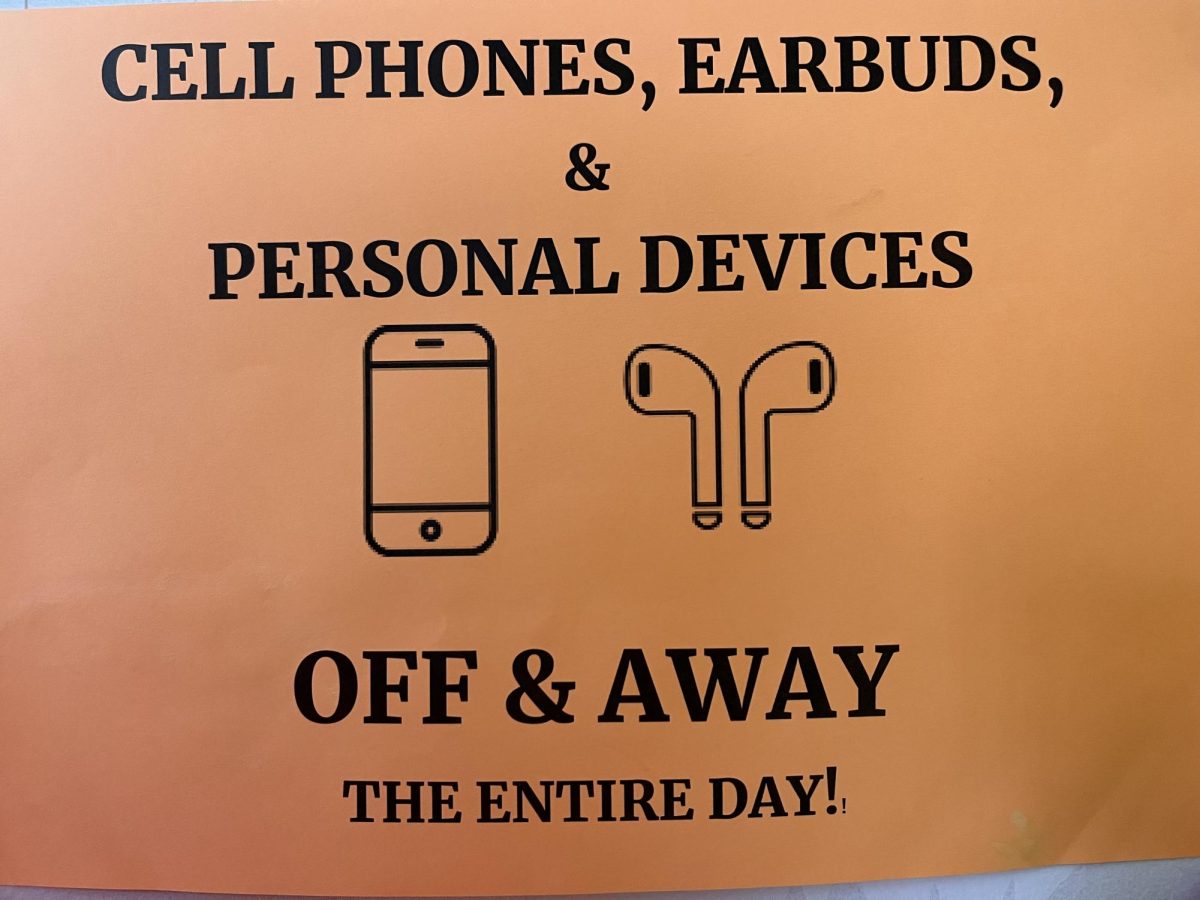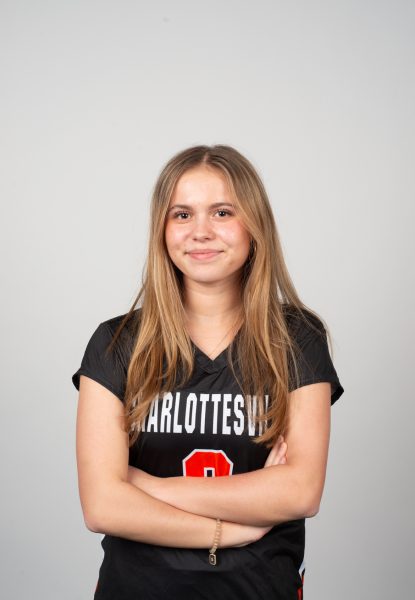Last year, CHS underwent many obstacles that made it difficult to be a safe and welcoming community. There was a surplus of students roaming the halls during instructional periods, a myriad of fights, and general disrespect and resentment towards authority. By November of last year, fights had become normal, with students from other schools even being let into the school to fight. After an enormous fight broke out in the school, teachers reached their breaking point. Many teachers ended up calling in sick, forcing the division to cancel classes for three days.
During this time, Rashaad Pitt, the principal of CHS, had to step down from his job to focus on his family and health. When students returned to school, Kenny Leatherwood had stepped into the role of interim principal. Leatherwood introduced the idea of Knight School, in which students would take their necessary classes at 5 pm when the school was less busy. That morning when walking into school, there was an exceptional amount of parent volunteers that had offered to cheer on the students and help monitor the halls. In classrooms, teachers addressed the situation and invited students to share their opinions. There was an overall shift in the atmosphere of CHS after this so-called “reset.” Pep rallies, student-wide assemblies, and the whole situation created a new sense of connectedness among the CHS community. Inevitably, however, fights and disrespect for authority continued to be present daily.
This year, CHS has a new principal: Justin Malone. Going into the 2024-25 school year, Dr. Malone has set high expectations and policies in order to combat the issues that we experienced last school year. These new changes include two Black Knight Time classes a week, a new pass system, higher security on the doors, and, with the new Virginia law being passed, a no-phone policy. Last year, we had two block days a week, meaning we had half of our classes in a day, but for double the time. On the second block day, we had BKT, which is essentially a study hall, for an hour and a half. At this time, students were allowed to go to other classrooms to retake assignments and tests, meet for clubs, or just catch up on any missing work. This year, BTK has been split into two forty-five-minute periods, with the first one becoming a socio-emotional learning period. This leaves only forty-five minutes on Wednesday for students to do what they need to do for the whole week.
Another new change made to CHS is the new E-hall pass system. We previously had paper passes, but now the digital pass system allows students to submit a pass that the teachers can approve on their own computers. This allows for the CSAs to monitor the halls better and prevents there from being too many kids wandering the halls. Because of many students leaving through back doors and even unauthorized people being let in through the side doors, new alarms have been installed on every door in the building. Unless scanned by a teacher’s key fob, when opened, the door will set off an alarm that doesn’t stop until turned off. Changes to BKT and the pass system were proposed by a committee of teachers prior to Dr. Malone’s arrival at CHS, and Dr. Malone approved the changes once he started.
Recently, a law was passed in Virginia that banned all phones in the classroom. So naturally, they have been banned in CHS classrooms as well.
As these changes have affected everyone in the CHS community, KTR decided to speak with staff and students to see the impact these adjustments have had on individuals and the community as a whole. When speaking with CSAs (Care and Safety Assistants), the overall consensus was that the digital hall pass system is beneficial in many ways. Out of the three CSAs we spoke to, all three agreed that it helped build connections between them and students because it allows for them to learn each other’s names. Because the digital system controls the number of students out at a time, it releases stress off the CSAs’ shoulders. In respect to two BKTs for half the time, CSAs said that this minimized the amount of students wandering the halls and therefore improved the hall environment. When speaking with teachers, four out of five of them agreed the E-hall pass system was extremely effective and was much less disruptive than having to actively write out a pass for their students.
However, five out of the five teachers we spoke to did not like the new BKT arrangement. They said that it wasn’t an effective way for students to complete everything they need to do. It makes it very difficult for students to retake tests and complete all their work. The overall consensus for students is that they do not agree with the E-hall pass system or the new BKTs. We spoke with 20 students, each of which said that they had run into some problem with the digital pass system. Either there was too much hall traffic and they couldn’t get a pass, or teachers wouldn’t end their pass. Overall, every student we talked to felt as if the passes were quite limiting. The students we spoke to also very much dislike the double BKT, as they are unable to complete their work on both days. Students expressed concern about the new format of BKT and feel as if this new system does not accommodate their needs.
This new year for CHS has come with many new changes, which have been received both positively and negatively. We also would like to acknowledge the many teacher-led committees actively dedicated to bettering the CHS community. These changes are not set in stone and there are people working to find what works best. Overall, students and teachers agree that the school environment is far more positive than it was last year.



